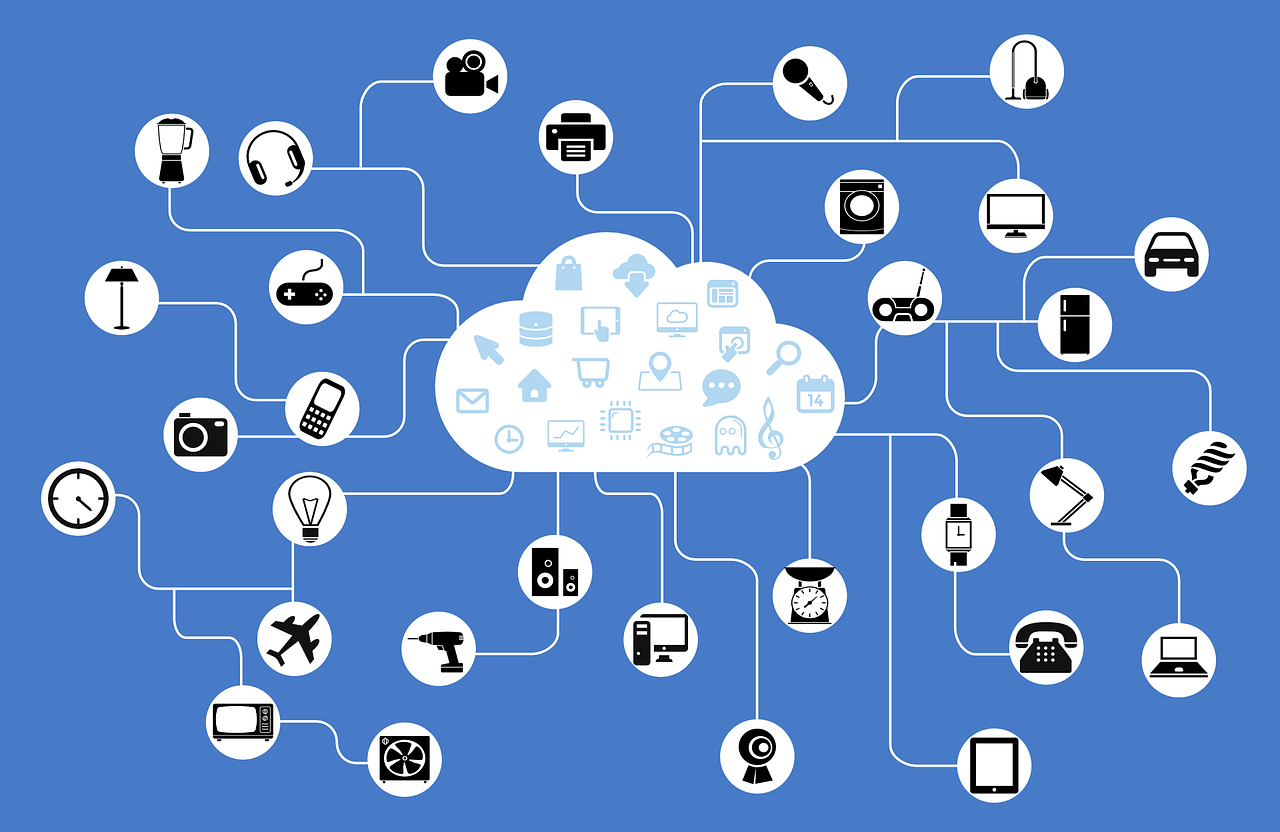Cloud-based analytics is at the heart of every major technology company. Data analysis itself is a common activity in any business, but when it takes place in the “Cloud,” it can truly change the way that a company operates.
In the technology industry, “The Cloud” refers to a network or group of networks that give connected devices access to shared pools of resources like servers, applications, and services. The internet is an example of this type of network, and therefore, any internet-connected device is a part of the cloud.
Cloud-based analytics provides a handful of tools that enable companies to extract insight from large data sets, present those insights in an intuitive and understandable way, and make it all available via a web browser.
Data Centers
Most cloud-based analytics systems run on a network of secure data centers, which are owned by some of the biggest tech corporations in the world including Google and Amazon. These data centers are regularly upgraded with most efficient computing hardware, and this is also what makes cloud services much more reliable.
The servers, in addition to other hardware at a data center, is what physically supports a cloud-based analytics platform. It makes data accessible at very fast speeds and ensures that if a company’s internal systems malfunction, all of the data will still be safe at the data center.

Cloud-Based Analytics
First and foremost, a cloud-based analytics system must be hosted on some sort of platform or website over the internet. Usually, this is a software system that takes data inputs, processes the information, and provides feedback. This is obviously dependent on the platform itself, but there is always something in common — the data that is collected gets uploaded to the “Cloud” and is safely stored so that it can be accessed by any internet-connected device.
In regards to manufacturing, a cloud-based analytics system usually connects with various hardware devices that all incorporate sensors and communication modules. These devices constantly collect information on the performance of the factory’s operations. The data that gets collected from a machine is uploaded to the cloud and managed on an analytics platform.
A business can choose to build their own, in-house platform, or they can decide to use a third-party service. Usually, a service is cheaper, and these services already have built out functionality that can benefit a company immediately.
The functionality that is provided via a cloud-based analytics platform is made possible through proprietary algorithms that can organize, process, and make meaning out of data. This data goes through various mathematical equations and produces values that are represented in intuitive ways to the users.
A cloud-based analytics platform can provide tremendous value for a company versus an offline version. By being connected to the internet, users will also have the ability to integrate offline data into their datasets with the click of a button, for far greater insight.

Cloud-Based Analytics and AI
Cloud-based analytics also paves the way for any future integration of artificial intelligence in a company’s operations. AI is only as powerful as the data that it is utilizing to make its decisions, so by having a digital data infrastructure, you are building the foundation for future tools that will be made available by service providers.
For example, in a manufacturing setting, it is important to track information about the performance of a machine. There are already tools that are available for manufacturers to track and upload this information to a cloud-based analytics platform. Once this data is uploaded, it is processed by the platform’s algorithms and learns about the machine.
In the field of AI, machine learning is a subset that refers to a computer’s ability to learn by itself. As more powerful machine learning algorithms are developed and made available, cloud-based analytics platforms will gain the ability to learn by on their own. One major benefit of this is that the platform is then able to more accurately predict future outcomes based on all of its previously collected data. This will translate into more efficiency, and allow you to avoid things like unplanned downtime. This is why having a cloud-based analytics system is so important.
Improved Functionality
The true value of cloud-based analytics comes from the improved functionality for the user. With data being uploaded to services that function over the internet, users gain more accessibility and value. Data is managed more efficiently and represented in more intuitive ways. Cloud-based analytics presents a big opportunity for any business, so if you have not made the transition to the cloud, this might be the best time for it.



